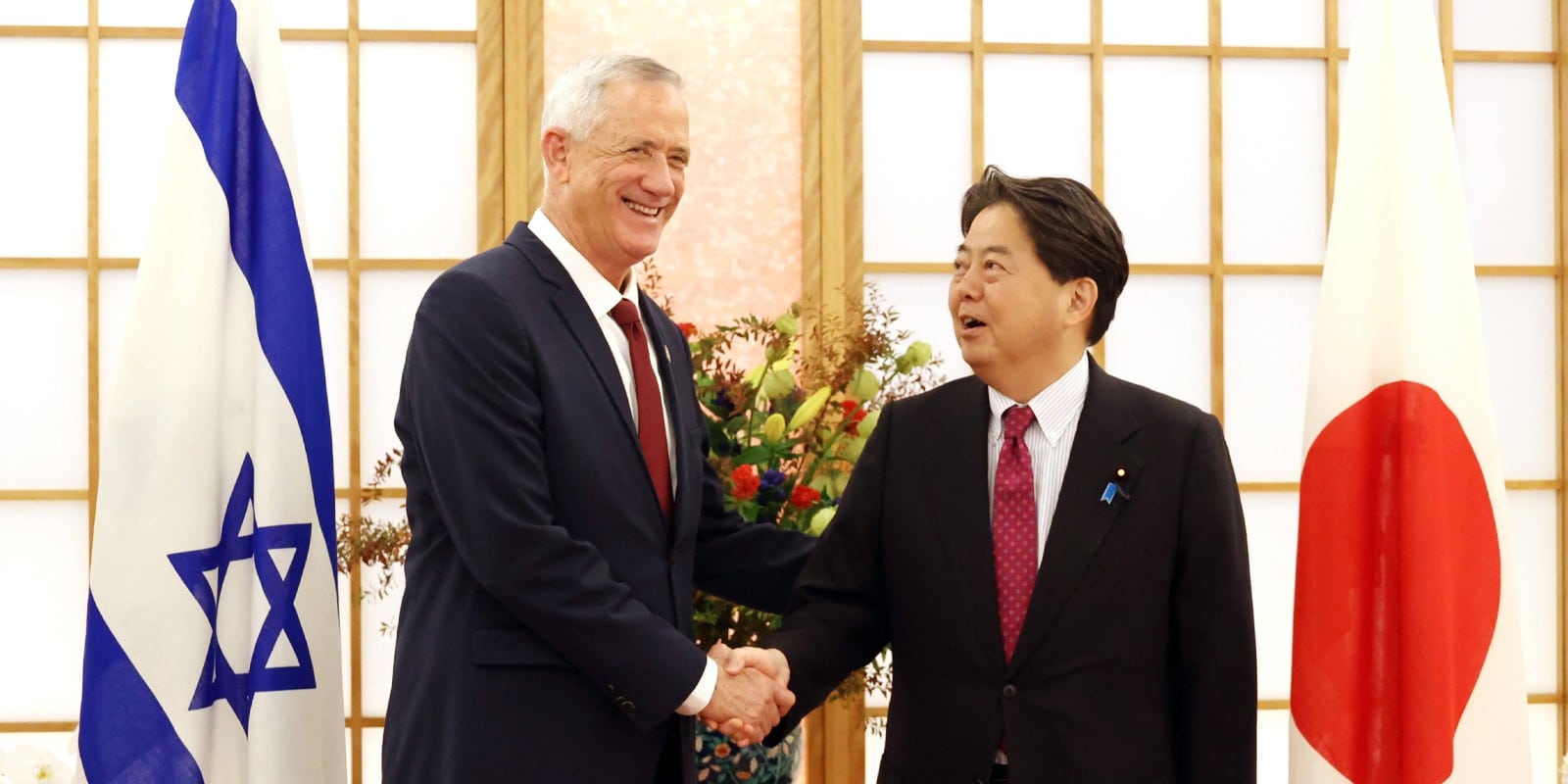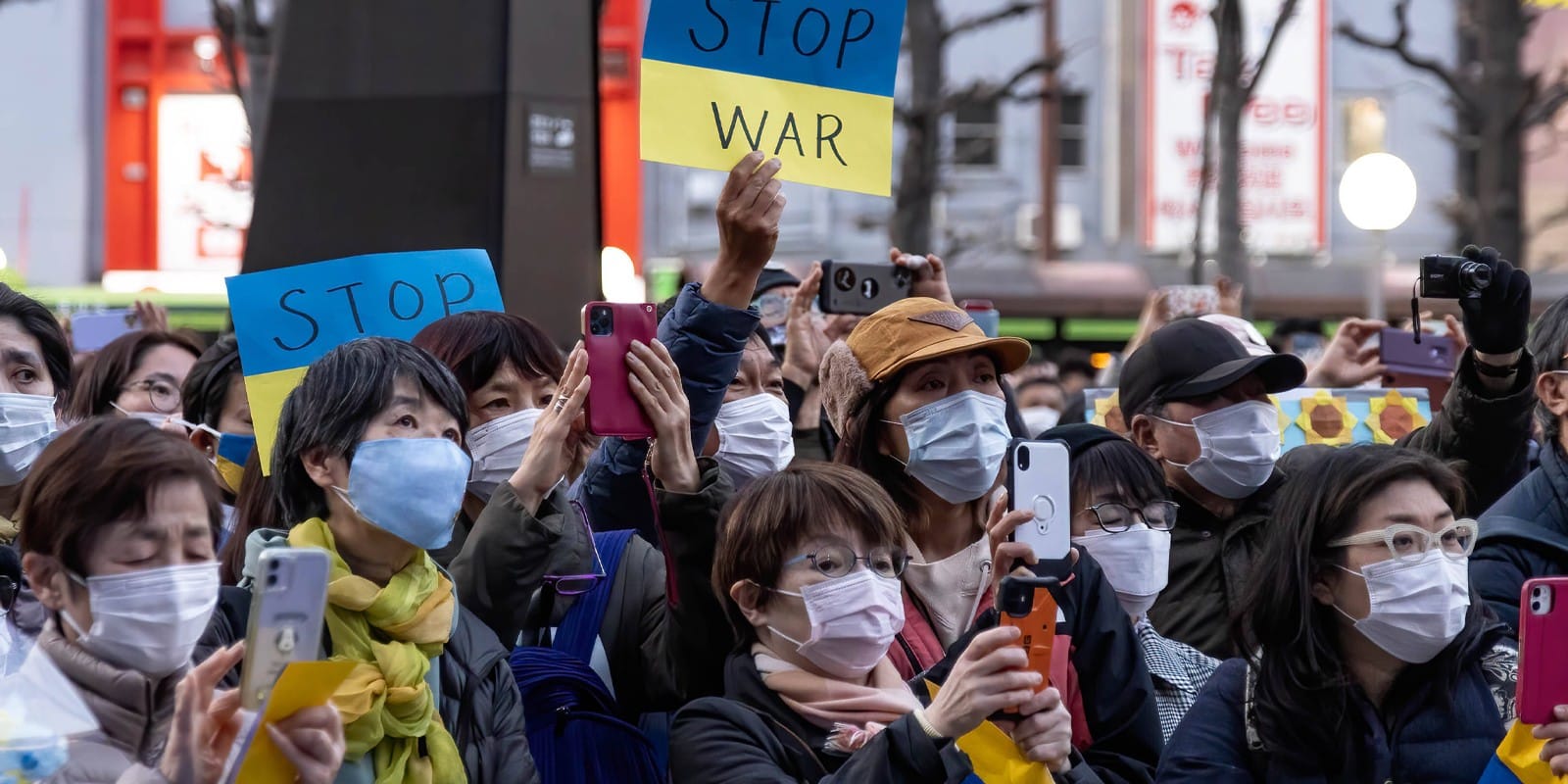
The Japan, China, Iran Triangle: Strategic Implications for Israel
As Japan balances between Iran and the West and China deepens its ties to Tehran, Israel faces a shifting landscape demanding new regional approaches

An anthropologist and sociologist who has carried out research on the armed forces of Israel, Japan, and Taiwan.
Prof Eyal Ben-Ari completed his PhD in Cambridge University and was professor at the Hebrew University of Jerusalem. He specializes in East Asian security, the IDF, the Japan Self-Defense Forces, and issues related to the armed forces of the democracies (conscription and reserves systems, managing diversity, and social and organizational transformations). He has published over twenty-five books (authored and edited) mostly about the armed forces but also about early childhood education, local communities in Japan, and popular culture in East Asia. Ben-Ari served as Director of the Harry S Truman Institute for the Advancement of Peace (at the Hebrew University and Chair of the Israel Anthropological Association, as well as in select IDF committees and as consultant for the IDF’s Behavioral Science Center.
Senior Researcher at JISS.

As Japan balances between Iran and the West and China deepens its ties to Tehran, Israel faces a shifting landscape demanding new regional approaches

Focus on the Indo-Pacific – Key Conversations on Superpower Competition in the Region, November 24, 2024

Humanitarian Islands in Gaza – Prof. Eyal Ben-Ari on BBC News

Israel will need a much larger army to fight a multi-front war, some of those now receiving early discharges may stay in service for longer periods since stricter criteria for release will be put in force. One lesson of the present war is a renewed recognition of border defense so the IDF will invest more resources in training and deploying forces for this mission along with the continued preparation for a broader war.

The terror in Israel: An enormous lack of security

Security ties with Israel are linked to Japan’s increased defense capabilities and more assertive foreign policy over the last decade.

Two weeks after the war began, Japan announced that its new National Security Strategy scheduled to be published this year would recategorize Russia from “partner” to “security challenge,” thus placing it alongside China and North Korea.

Japan’s expanded regional security role: The challenge of China

Japanese Defense Minister Nobuo Kishi spoke with his Chinese counterpart Wei Fenghe on December 28, agreeing to set up a military hotline next year, Japan’s

The IDF has chosen to enjoy the advantages of both a volunteer military and a conscript “people’s army,” by piecemeal combination of elements of both
Total of 10 articles in English
6 articles
As Japan balances between Iran and the West and China deepens its ties to Tehran, Israel faces a shifting landscape demanding new…
Israel will need a much larger army to fight a multi-front war, some of those now receiving early discharges may stay in…
Security ties with Israel are linked to Japan's increased defense capabilities and more assertive foreign policy over the last decade.
Two weeks after the war began, Japan announced that its new National Security Strategy scheduled to be published this year would recategorize…
Japanese Defense Minister Nobuo Kishi spoke with his Chinese counterpart Wei Fenghe on December 28, agreeing to set up a military hotline…
The IDF has chosen to enjoy the advantages of both a volunteer military and a conscript “people’s army,” by piecemeal combination of…
1 articles
Focus on the Indo-Pacific - Key Conversations on Superpower Competition in the Region, November 24, 2024
3 articles
Humanitarian Islands in Gaza - Prof. Eyal Ben-Ari on BBC News
The terror in Israel: An enormous lack of security
Japan’s expanded regional security role: The challenge of China
